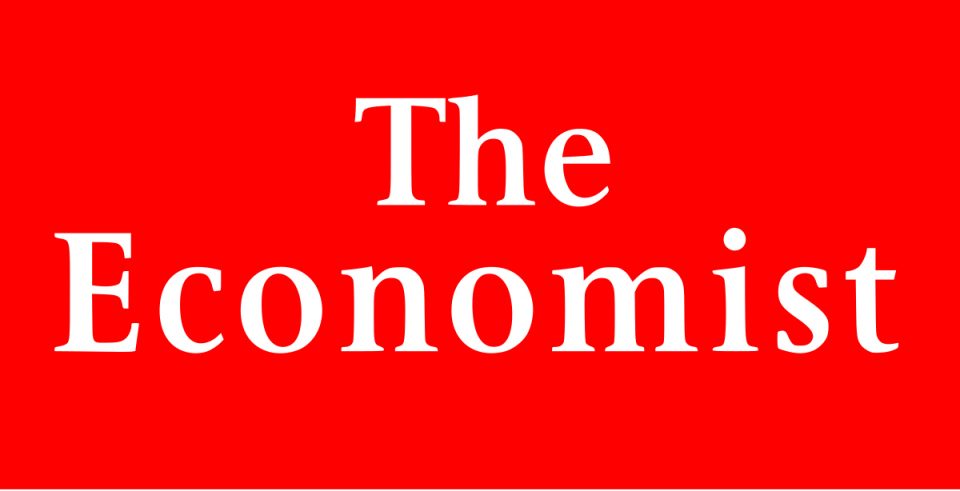An Economist, Mr Rasheed Yusuf, says the Nigeria’s external reserve is still robust to cover imports for a long time in spite of its current decline.
Yusuf, the Chief Executive Officer of Trust Yield Securities, made the assertion in Lagos on Friday.
Nigeria’s foreign reserves fell by 1.26 billion dollars from 41.76 billion dollars on Oct. 2 to 40.5 billion on Oct. 30, according to figures from the Central Bank of Nigeria.
The reserves, which has continued to decline in recent months, dropped by 482.18 million dollars from N45.14 billion dollars on July 8 to 44.65 billion dollars on Aug. 8 2019.
The apex bank has disclosed in its economic report for third quarter of 2019 that the gross external reserves fell in the period under review.
According to Yusuf, the country’s external reserve is still in good threshold.
“ The external reserves is based on the funds kept in the apex bank from the sale of oil in the international market.
“We are aware that the country has been producing at less than two million barrels,’’ he said.
Yusuf said the current level of external reserves was still good to keep investors’ confidence on the economy.
“ The apex bank had made several windows to manage investors’ and exporters’ windows adequately.
“In spite of the factors which are putting unnecessary pressures, our reserves are being managed well, “ he said.
Yusuf said that due to the size of the nation’s foreign reserves, the monetary authorities had kept a fixed exhange rate for the naira for for a long time.



